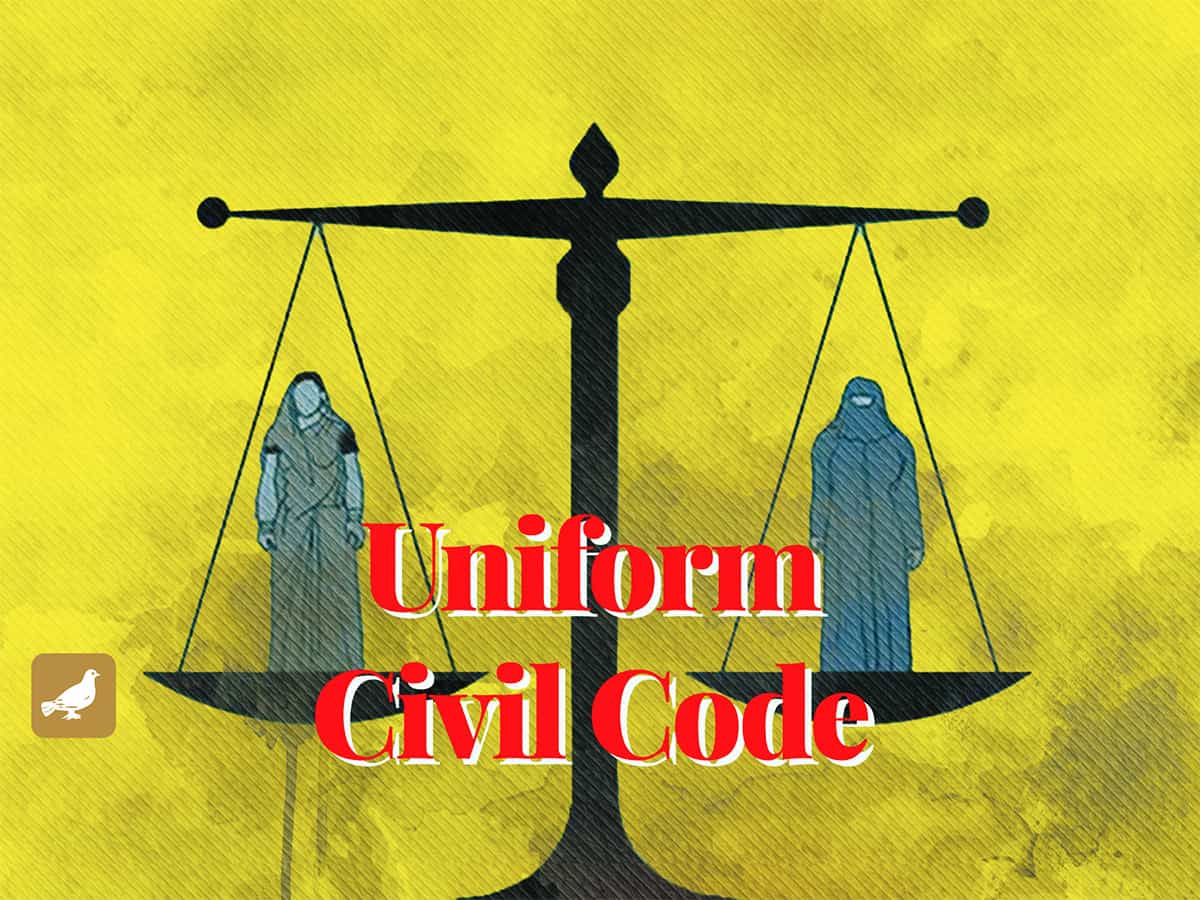
A key figure in the legal battle against the practice of triple talaq, Saira Banu, has expressed her support for the implementation of a Uniform Civil Code in Uttarakhand, stating that it would be beneficial for Muslims.
Banu, who had moved the Supreme Court challenging the constitutionality of triple talaq, has now advocated for a common set of personal laws for all citizens, emphasizing its potential advantages for the Muslim community.
This comes in the light of a state government-appointed panel handing over the draft of the UCC to the Uttarakhand chief minister Pushkar Singh Dhami which soon be introduced in the state Assembly.
According to reports, Saira Banu said that with the implementation of UCC, the “social system of the Muslim community will also improve.” She adding that the Muslim community is not going to suffer any harm due to its implementation rather it will move towards social development after its implementation.
A resident of Uttarakhand, Banu came under spotlight over her petition against triple talaq that led to the government of India introducing a law, banning triple talaq in the country.
Banu was previously given the status of Minister of State in Uttarakhand and also held the post of Vice Chairperson in the Women’s Commission during the BJP’s previous regime in the state.
UCC and its implications
UCC in simple terms can be described as ‘one nation, one law’. It is a legal framework that proposes to replace personal laws of different religions regarding marriage, divorce, inheritance or succession and adoption.
It is important to note that, unlike civic and criminal laws which are the same for all citizens, UCC focuses on personal laws as they are governed by various religions.
If the UCC is implemented, the following areas in personal laws are likely to get affected.
- Age of marriage: Under UCC, everyone, regardless of religion will have to follow a single compulsory age for marriage. This can cause confusion. Under Muslim law, a girl is ready to wed once she attains puberty. The legal age for marriage for men and women in Hindu law is 21 and 18 years. The 21st Law Commission, which had rejected the UCC, argued that this contributed to the stereotype that a wife must be younger than her husband.
- Polygamy: The Centre argues that UCC can abolish the ill-treatment of Muslim women. Although polygamy is permitted in Islam, according to the National Family Health Survey 2019-2021 report, 1.9% of Muslim women confirmed a polygamic marriage as compared to 1.3% of Hindu women. The 21st Law Commission said that polygamy was an uncommon practice followed by Indian Muslims. It also noted that polygamy is often misused by people from other faiths who convert to Islam only to legally marry multiple times.
- Adoption and custody of children: In Hindu law, an adopted child is equal to a biological child whereas the Muslim law follows kafala, which states that an adopted child is under the care and guidance of a foster parent. Regarding custody of children, a father is considered the legal guardian as per Hindu Law. If the child is born without the couple being married, then the mother is considered their legal guardian. The 21st Law Commission observed that although the Hindu law was codified to counter discrimination against women, custody of children largely remained a male-dominated area.
- Divorce: In its report, the 21st Law Commission suggested a simpler divorce procedure as per the personal laws of various religious communities. The landmark Shah Bano (triple-talaq) case verdict, which makes a Muslim woman eligible for alimony until she is remarried, was a breather to many women facing discrimination and abuse in marriage.



